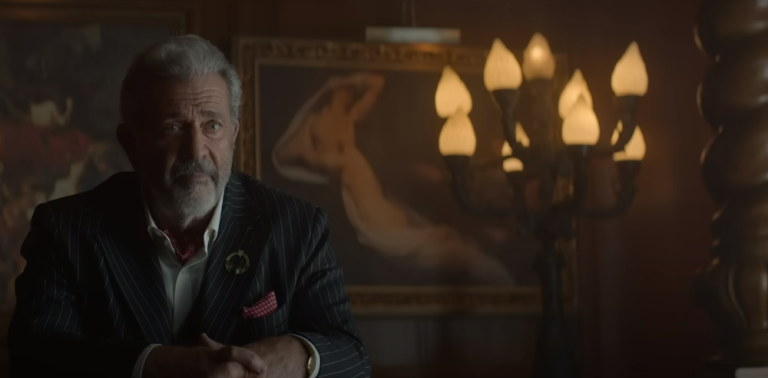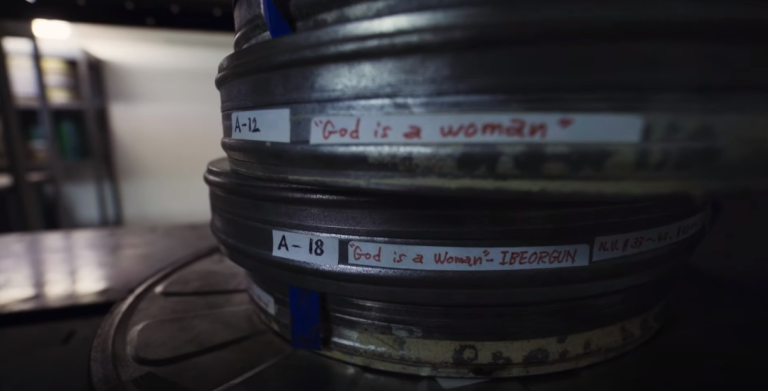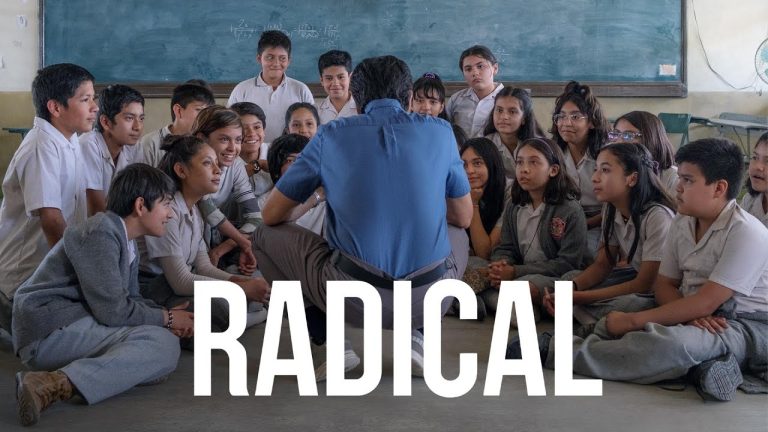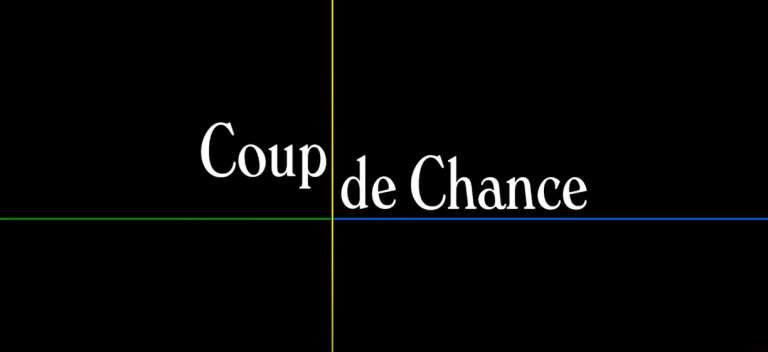
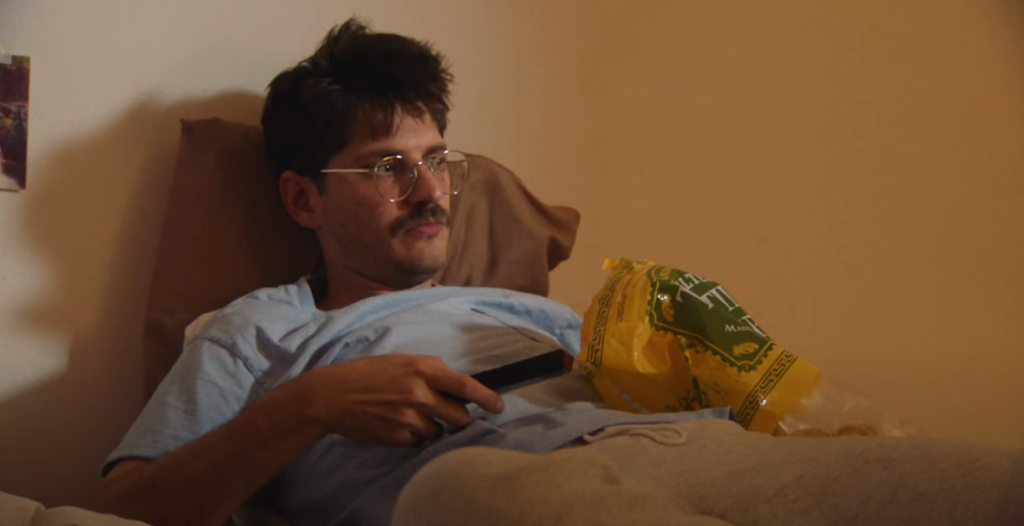
Colin Burgess is on the rise with his recent hit “Dad & Step-Dad” and the new film “Free Time,” where his energy shines. Directed by Ryan Martin Brown, “Free Time” tackles the quarter-life crisis theme with refreshing humor, keeping audiences laughing throughout its brief 78-minute duration. It’s a standout indie comedy that entertains while offering subtle commentary on the challenges of modern life, particularly the pressure to make the most of our free time without clear direction.
In the gripping opening scene, Drew (played by Burgess) confronts his boss about feeling stuck in a data entry role instead of doing data analysis. What seems like a discussion about a possible promotion quickly turns into Drew quitting on the spot, leaving his boss frustrated. Drew then returns home to his apartment, shared with a roommate who writes clickbait articles, unsure of his next move.
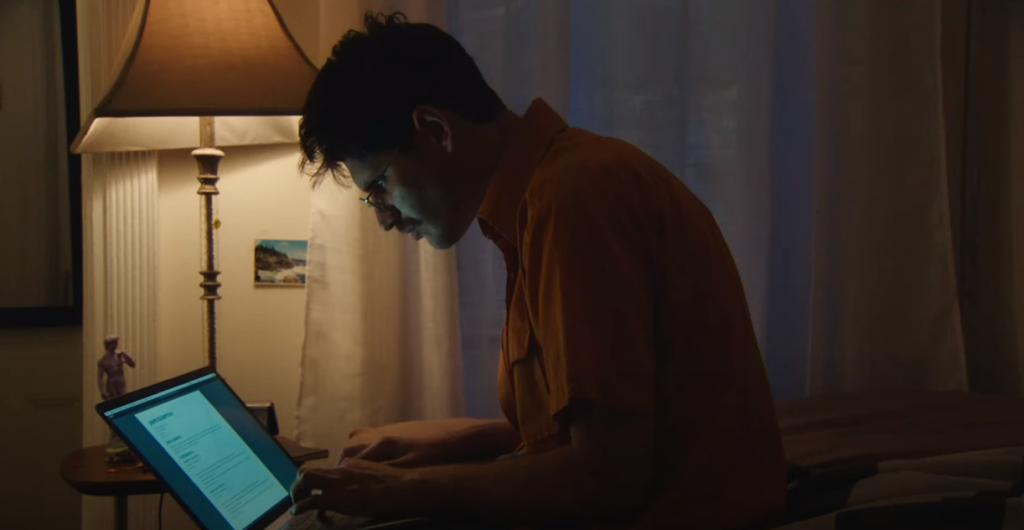
The main focus of “Free Time” revolves around Drew’s struggle to find purpose after quitting his job. He discovers that his friends are occupied with work, leaving him with little to do during the day. A humorous scene with his roommate’s girlfriend highlights his boredom, as he repeatedly watches the same movie with commentary. As people express disbelief at his decision to quit his job, Drew begins to regret his choice. Additionally, when his band changes direction to country music, leaving out his keyboard playing, Drew faces another setback.
In “Free Time,” the question arises: what should people like Drew do with their abundant freedom? How can one pursue dreams when they lack clarity about their aspirations? While some aspects of the film may feel unfocused, and the constant piano score can be tiresome, Brown’s script flows naturally, allowing Burgess to navigate the story with captivating authenticity. Burgess delivers a nuanced performance as Drew, balancing between awkward encounters and determined actions without overdoing it. Drew’s relatable journey resonates with audiences who have faced similar uncertainties in their lives.

“Free Time” starts as a humorous character study for about an hour before evolving into something even more remarkable, with surprises that I won’t spoil. Suffice it to say, the film delivers unexpected twists that emphasize the idea that free time can come with emotional costs beyond what we expect.
| Aspect | Evaluation |
|---|---|
| Direction | Ryan Martin Brown’s direction brings refreshing humor to the quarter-life crisis theme, keeping audiences engaged throughout the brief runtime. |
| Acting (Colin Burgess) | Colin Burgess shines with energy in his portrayal of Drew, navigating the character’s struggles with authenticity and nuance. |
| Storytelling | “Free Time” offers subtle commentary on modern life’s challenges, particularly regarding the pressure to utilize free time effectively. |
| Characterization | Drew’s relatable journey resonates with audiences, capturing the uncertainties many face in navigating career and personal fulfillment. |
| Overall Impact | The film balances humor and depth effectively, with unexpected twists driving home the emotional costs associated with free time and life decisions. |

